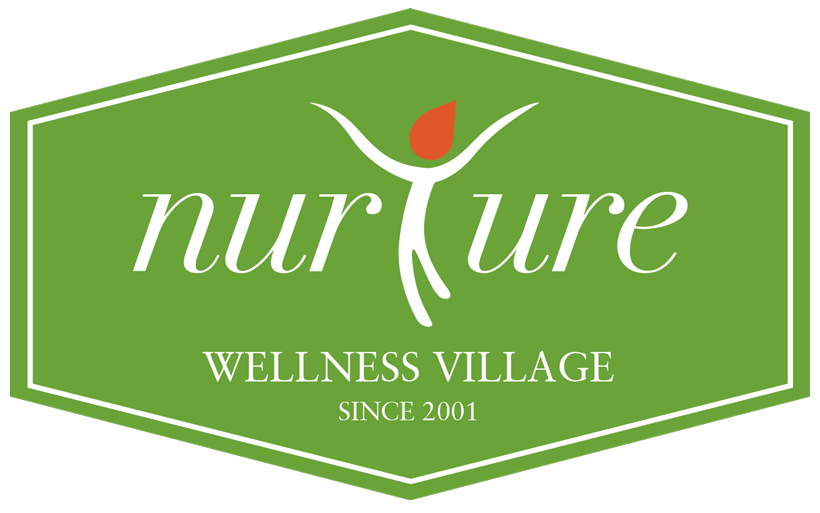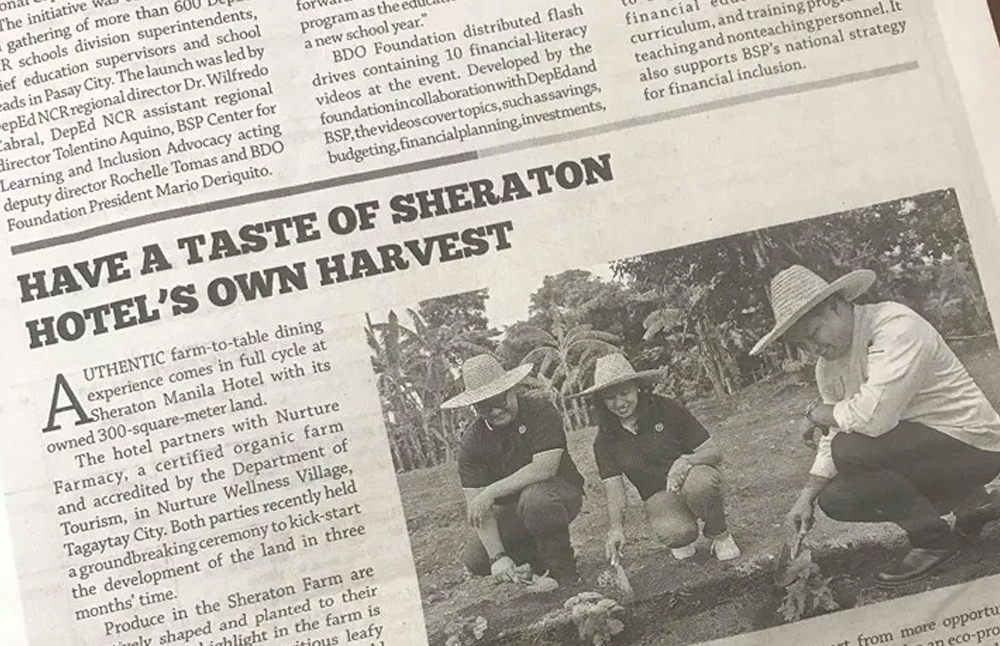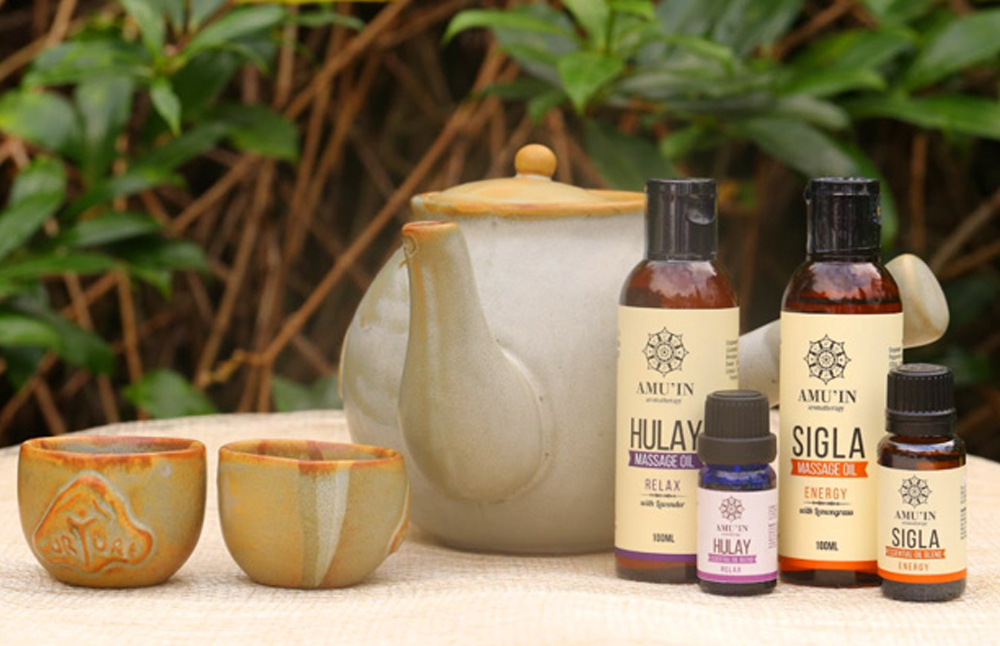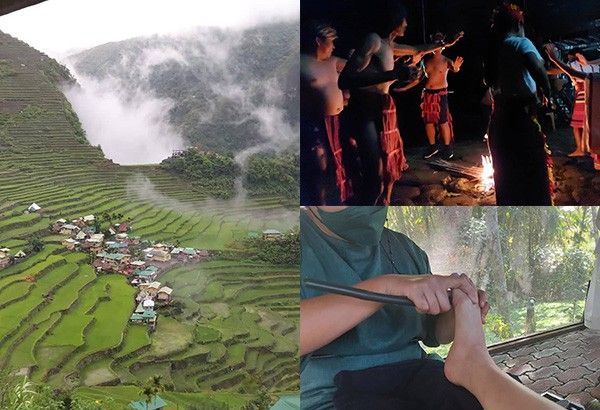
History Month: Philippines gaining attention ‘from killing to healing’ – expert
MANILA, Philippines — The Philippines is now allegedly building a new reputation — as a haven for healing, a Harvard-trained wellness expert recently told Philstar.com.
In an interview in Nurture Wellness Village, Tagaytay City, Harvard Medical School-trained wellness expert Cathy Brillantes-Turvill said that the foreign press has shifted focus on the Philippines as a haven for healing, which is why the Department of Tourism (DOT) has made wellness and medical tourism a priority in the country.
Related: Philippines seen as ‘attractive’ medical tourism destination
“When we first opened (Nurture Wellness Village), everybody wants to be Balinese or Thai. Sabi namin, ‘wag! Pinoy tayo eh!” shared Turvill, explaining why their wellness village carries a Filipino theme — from its linens and curtains made of local fabrics such as Inabel from Ilocos and Sarong from La Union, to its homemade essential oils using local ingredients and with Filipino monikers such as Aruga, Sigla and Payapa.
“Ang Pinoy, we’ve had our healing methods all the time,” enthused Turvill, dismissing the need for Filipinos to borrow from other countries when it comes to wellness.
As founding president of the Spa Association of the Philippines, Turvill collaborates with the DOT in coming up with a unique branding of Filipino means to heal. Based on their research, the following is the country’s edge in the international wellness market:
- Hilot – or Filipino massage, which originally included “bulong” or whispering of chants. According to Turvill, hilot has been practiced across the archipelago even before the Spaniards came.
“For the international market, hilot has to be packaged to be a beautiful experience. While it traditionally included amulets and whispering, for the international market, it has been repackaged to be made more scientific — using science-based herbs, and the strokes were also modified,” Turvill explained.
Related: Living to 100: Secrets to Apo Whang-Od’s long life
- Dagdagay Foot Massage – This Filipino reflexology using bamboo, according to DOT’s research, originated from the Cordilleras. The elderly climb the Banaue Rice Terraces on bare feet, and what makes them so healthy is Dagdagay — the youth would stroke their elders’ feet with bamboo sticks, stimulating the nerve endings to encourage better blood circulation. This service is available in Nurture Wellness Village and is performed in an outdoor gazebo called Kawayanan or amid a backdrop of bamboo trees because “just being surrounded by trees lowers your blood pressure” and relaxes your body, said Turvill.
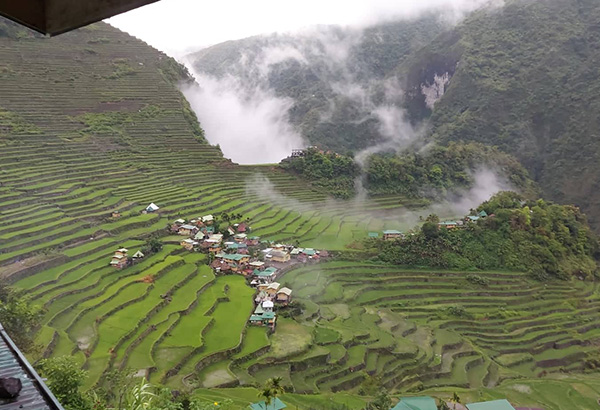
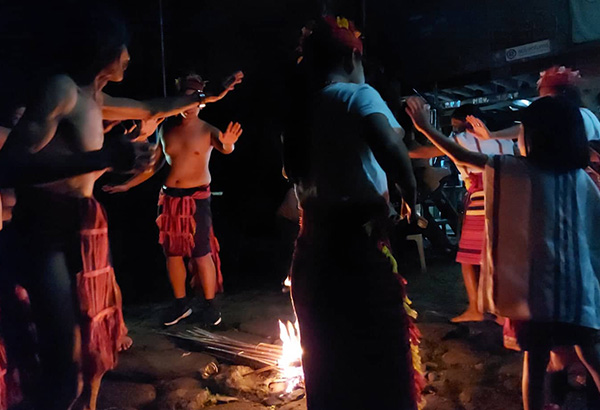
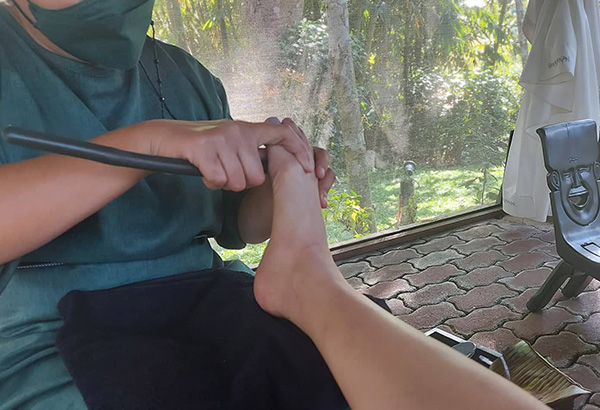
- Labatiba – usually done early in the morning, the Philippines’ own enema or colon-cleanse dates back to Filipinos’ ancestors, said Turvill. But instead of colonics that can stress the heart, our grandparents’ colon cleanse uses very minimal ingredients like water. In Nurture Wellness Village, a charcoal and water mixture is passed through the colon through a tube for 20 to 30 minutes to detoxify the body, promote better digestion and encourage weight loss.
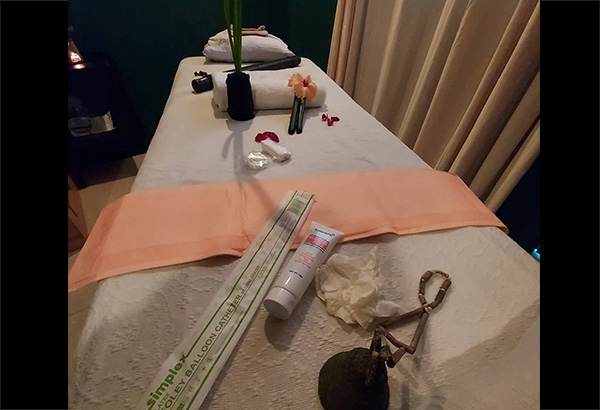
- Filipino herbs – The village has its own Botika ni Lola containing Filipinos’ traditional medicinal herbs.
“Long before the Americans and the Spaniards came, we were using herbs… If you look at medicines’ ingredients today, many have extracts of these herbs – but in Nurture, these herbs are taken as fresh teas,” Turvill said.
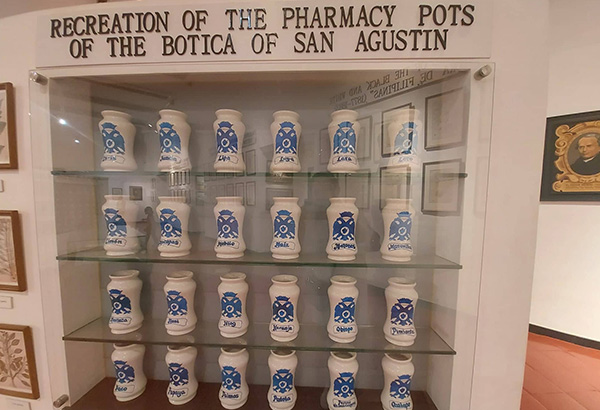

For Turvill, from beaches to food and brand of wellness and hospitality, it’s not surprising that the global community is “rediscovering” the best of what the Philippines has to offer. That is why in seeking for recovery from the COVID-19 pandemic, she believes Filipinos don’t need to look any further.
“We firmly believe that we should be proud of our country. Bakit natin ikakahiya ang sariling atin? Napakaganda ng bansa natin!”
